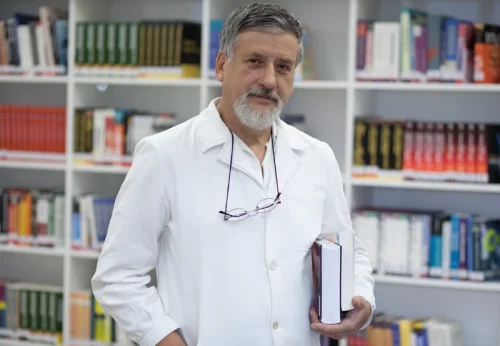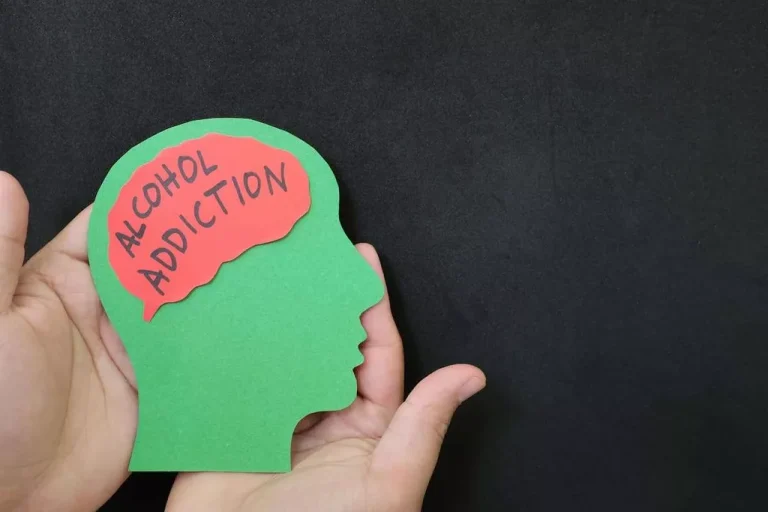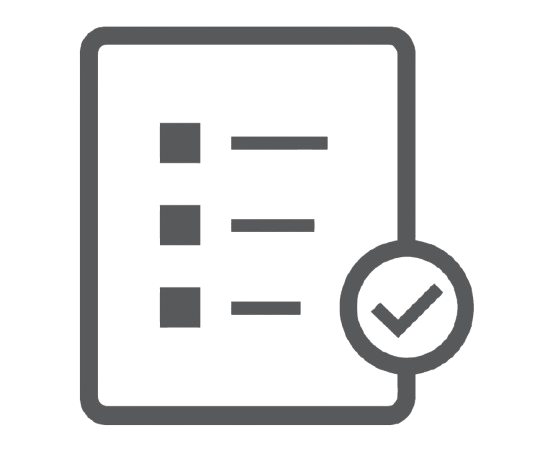After completing the inpatient portion, you can continue on the road to recovery with our intensive outpatient program. If you’re struggling with alcoholism, our alcohol addiction treatment center can help. Our caring and supportive staff can support you through all six stages of recovery, from alcohol detox all the stages of alcoholic recovery way to freedom from alcohol addiction. The cost of 90-day treatment centers varies depending on where they’re located and what services they provide. That said, most 3-month inpatient rehab centers in the United States accept some form of private insurance, state-funded insurance (including Medicaid), or are free.
- Some 90-day alcohol treatment programs can treat all of your mental health conditions at once so you don’t have to focus on one at a time.
- Research suggests that 12-step interventions and mutual support groups can be essential in recovery.
- Think of this stage as a delayed reaction to the effects that drinking had on your life.
- At Wolf Creek Recovery – Treatment Center AZ, we take a values based approach when addressing substance use.
- Each stage presents its own unique challenges and requires specific tools and techniques to overcome them.
The Best Rehab Centers Use Process Group Therapy. What Is A Process Group?
- It’s important to note that the intensity and duration of these symptoms can differ from person to person.
- Most people go through several stages of recovery, but there’s no single schedule to follow.
- At this point, the individual is enjoying the benefits of quitting alcohol while focusing on sustaining the achievements made in the action stage.
You will learn the warning signs and the steps that can lead up to a relapse. After completing a program at a treatment center, recovering alcoholics move into the maintenance stage, which generally lasts from six months to several years or longer. At this point, the individual is enjoying the benefits of quitting alcohol while focusing on sustaining the achievements made in the action stage.
Stage 1: Seeking Support and Education
During this time, a person may begin to feel extreme emotions that develop into what some call pink cloud syndrome. The pink cloud is a phase in which the emotions that were suppressed by addiction come flooding back. These positive emotions can feel powerful and extremely encouraging, but when they stop, the lows can be crushing. Recovery can feel like a roller coaster as emotions work themselves back to normal, and being unprepared for it can trigger a relapse. There’s a lot of lying to others when you try to hide a problem like AUD, but you may not have been truthful with yourself, either.
Factors that Influence Alcohol Recovery Time
- After someone realizes they may have an issue with alcohol use, they can move onto the second stage.
- This model delineates six stages through which individuals cycle during their recovery journey, elucidating the mechanisms that drive behavioral transformations.
- You can prevent alcohol use disorder by limiting your alcohol intake.
- However, when examining the idea of a pathway more closely, it implies that there is a singular chosen “path” or “road” that one will follow and adhere to.
- For many, the action stage is both physically and mentally taxing — and individuals at this stage face a risk of alcohol relapse.
Recovery suggests a state in which the addiction is overcome; clinical experience and research studies provide ample evidence. • Developing a detailed relapse prevention plan and keeping it in a convenient place for quick access when cravings hit, which helps guard against relapse in the future. A good relapse prevention plan specifies a person’s triggers for drug use, lists several coping skills to deploy, and lists people to call on for immediate support, along with their contact information. People can learn to resist or outsmart the cravings until they become manageable.


Sign up to learn more
- You and your physician may meet less frequently about your medication.
- It draws on aspects of cognitive-behavioral therapy (CBT) and helps members to build motivation, cope with cravings, change addictive thoughts, and adopt healthy habits.
- There will always be temptations and thoughts of resuming alcohol use, but with the support of family and friends, it’s possible to stay sober.
- Treatment and information aimed at adolescents can help them learn techniques for managing both positive and negative emotional states.
- Once a person has made it through treatment, their goal is to abstain from alcohol use in their daily life.
- While 12-step recovery programs can be helpful, they are not always the best choice for everyone.

